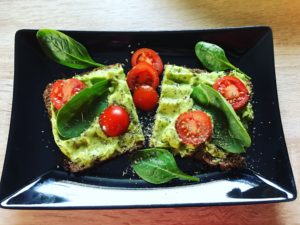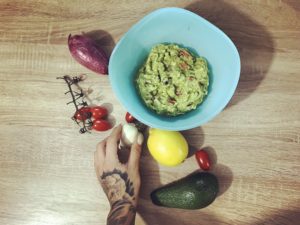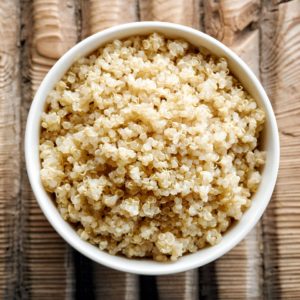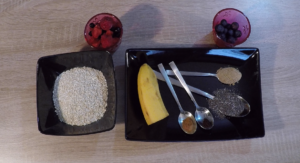Walnuts are among my favorite treats because I like simple foods, which, in most cases are richest in nutrients. 🙂
If we take a look at calories, yes, walnuts pack more calories than many other foods. But the calories they have are among the good calories category. Why so, you ask?! Because the calories come from mono-saturated fatty acids, such as oleic acid and Omega 3 essential fatty acids. Knowing these facts about walnuts, we know that consuming them with moderation, won’t get us fat. 🙂
The nutritional properties increase the benefits of walnuts if we eat them raw. Through baking, frying or any sort of heat cooking, they lose a high amount of nutrients and properties.
Here are a few benefits that we get from eating walnuts:
- Because they are rich in vitamin E, melatonin and polyphenols, walnuts have a higher antioxidant concentration than any other nut.
- By eating a walnut-rich meal, you prevent the oxidative damage of “bad” LDL cholesterol. If not prevented, oxidized LDL builds up in your blood vessels causing atherosclerosis.
- Also, walnuts have a higher concentration of omega 3 fat, also known as Alpha – Linolenic Acid (ALA), than any other nut. ALA is an essential fat, a fat that the body doesn’t produce by itself, so needs to be taken out of our diet. With a single serving a day, you reach your body’s suggested ALA daily intake.
- Studies have shown that with each gram of walnuts you consume day by day, it lowers the risk of dying from a heart complication by 10%.
- Walnuts decrease inflammation and, by doing so, they decrease the risk of type 2 diabetes, Alzheimer and cancer diseases.
- Consuming walnuts promotes a healthy life by having a Healthy Gut. By doing so your gut stays rich in microbiota and health-promoting bacteria. What we eat directly influences the composition of the bacteria in our gut so if your gut is filled with unhealthy bacteria, it can contribute to a disease located anywhere in your body.
- Some testing done to both humans and animals shows that eating walnuts reduces the risk of certain cancers, such as breast, prostate and colorectal.
- Walnuts support weight control. Even if they are calorie dense, the energy absorbed from them is 21% lower than in any other food with the same calories number. Furthermore, by eating walnuts, you decrease your hunger and crave for other foods.
- It has been shown that eating walnuts could help lower blood sugar in healthy or high blood pressure people, when under stress.
Below I will present some very interesting studies about walnuts and, implicitly, about their benefits:
- In a study where 100 type 2 diabetes people took place, it was concluded that they had 8 % decrease in fasting blood sugar, by consuming 1 tablespoon of cold-pressed walnut oil for 3 months, while not interrupting their diabetes medication and diet.
Studies state that one of the reasons why walnuts are good with lowering the risk of type 2 diabetes is that they control body weight. Increased weight increases the risk of high blood sugar and also diabetes.
Furthermore, consuming walnuts may help control blood sugar, above their influence on body weight control. - An experiment was made where 10 obese people were giving a smoothie with roughly 48 grams of walnuts, once a day, for 5 days. This decreased their appetite hunger and crave, compared to a placebo smoothie that had the same calories.
After 5 years of drinking the same walnut smoothie, tests showed that the subjects had increased brain activation in a region that helped with resisting highly addictive and tempting foods, such as fries, cakes etc.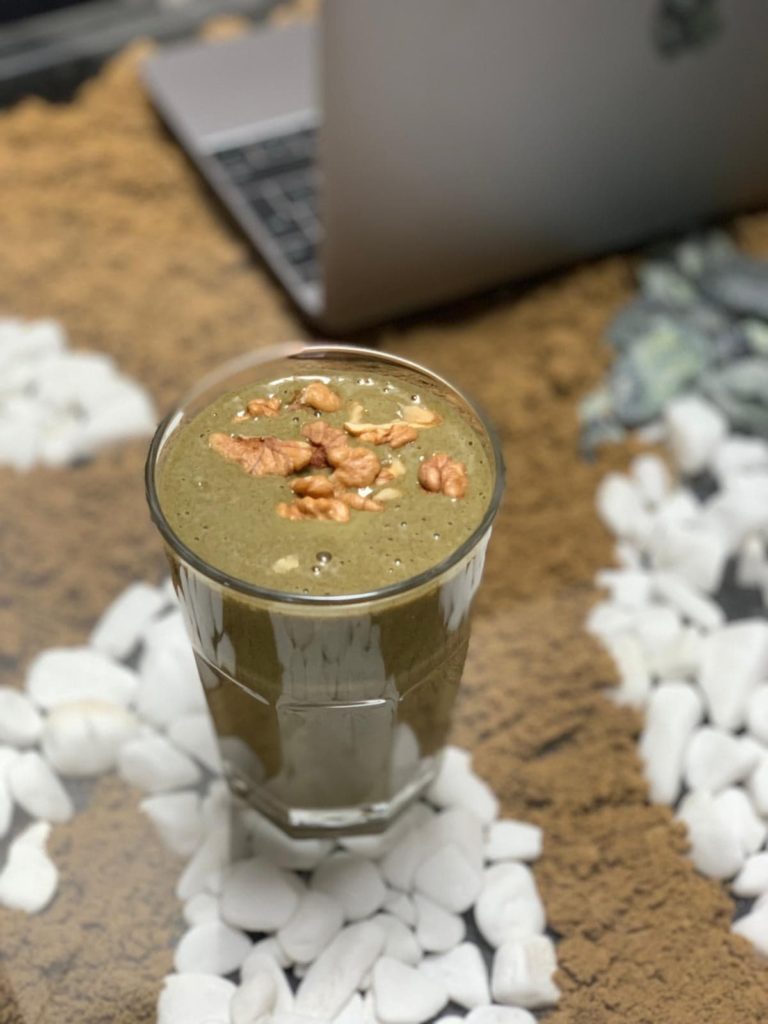
- If mentioning diets, it’s worth remembering about the 4 years study where roughly 7500 participants participated. Each individual had a high risk of heart disease. Over the span of 4 years, they were given Mediterranean diet dishes alongside roughly 30 grams of mixed nuts, daily. From those, half were walnuts.
The results of the study concluded that the Mediterranean diet participants had a 0.65 mmHg greater decrease in blood pressure than people on a more or less same heart-healthy diet but without the 30 grams of nuts. This is a high indicator that nuts improve the blood pressure benefits of a healthy heart-based diet.
As a conclusion, eating 30 grams of nuts daily will improve your blood pressure. It will also help you age healthily. - In a study that lasted for over 18 years and included more than 50.000 older women, it has been concluded that the participants with the healthiest diets, had among other foods, walnuts. The healthy diet resulted in a 13% lower risk of physical impairment.
From this, we can draw the conclusion that a healthy diet with nuts included will preserve walking and self-care abilities at an old age, which are essential for a healthy and happy aging. - A diet with nuts in it will support good brain function. Personally, I think it is not a coincidence that the shell of a walnut looks like a miniature brain. Tests done to both animals and humans show that polyunsaturated fat, polyphenols and vitamin E, among other nutrients found in walnuts, help reduce inflammation and oxidative damage to the brain.
In a 10 month Alzheimer’s disease study, mice were being feed 6-9 % of their calories income in walnuts (similar to 28-45 g/day in people). There were observed high improvements in anxiety reduction, learning and memory skills. Also, tests done to older people, clearly linked eating walnuts to better brain functioning, such as faster processing speed, flexibility and better memory. So it is safe to say that walnuts contain nutrients that protect the brain from damage and help towards a healthy brain as you grow older. - Eating walnuts support male reproductive health: 117 healthy young men took part in a study. They were given 75 grams of walnuts a day, without any other diet change from their typical Western Style diet, for 3 months. The results showed improved sperm shape, vitality and mobility. More tests need to be done to totally confirm these benefits but if you’re a guy concerned about your fertility, eating walnuts is a safe and easy thing to do that will only bring you benefits.
- Eating walnuts on a regular basis is known to decrease cholesterol levels: to support this affirmation, a study where 194 healthy students ate 43 grams of walnuts daily for 8 weeks, measured a decrease of 5% in total cholesterol, 5% decrease in LDL cholesterol and 5% decrease in triglycerides.
Just another simple benefit of these SUPERFOODS called walnuts is that they are available anywhere, very easy to find.
When in stores, look for raw walnuts or cold-pressed oil in the oils section. These 2 are the healthiest walnuts variation.
In every study researched and all throughout this article, I’ve mentioned the serving size of walnuts in grams.
For a better understanding, 28 grams are 1/4 cup or one small handful. The 28 grams that I mention in more than one occasion convert to about 190 calories.
Personally, I prefer consuming walnuts as a snack in between meals, but there are also delicious dishes to be made with the help of these delicious delights.
Try adding them:
– to leafy, veggie, or fruit salads;
– in sauces;
– chopped and baked in whole grain breads;
– chopped or crushed and used as a coating for meat;
– chopped or crushed and mixed with oatmeal or yogurt;
– lightly baked in a pan and added to your fav stir fry recipe;
– roasted or raw, chopped and mixed with pasta;
– crushed and used in oil and vinaigrette dressing.
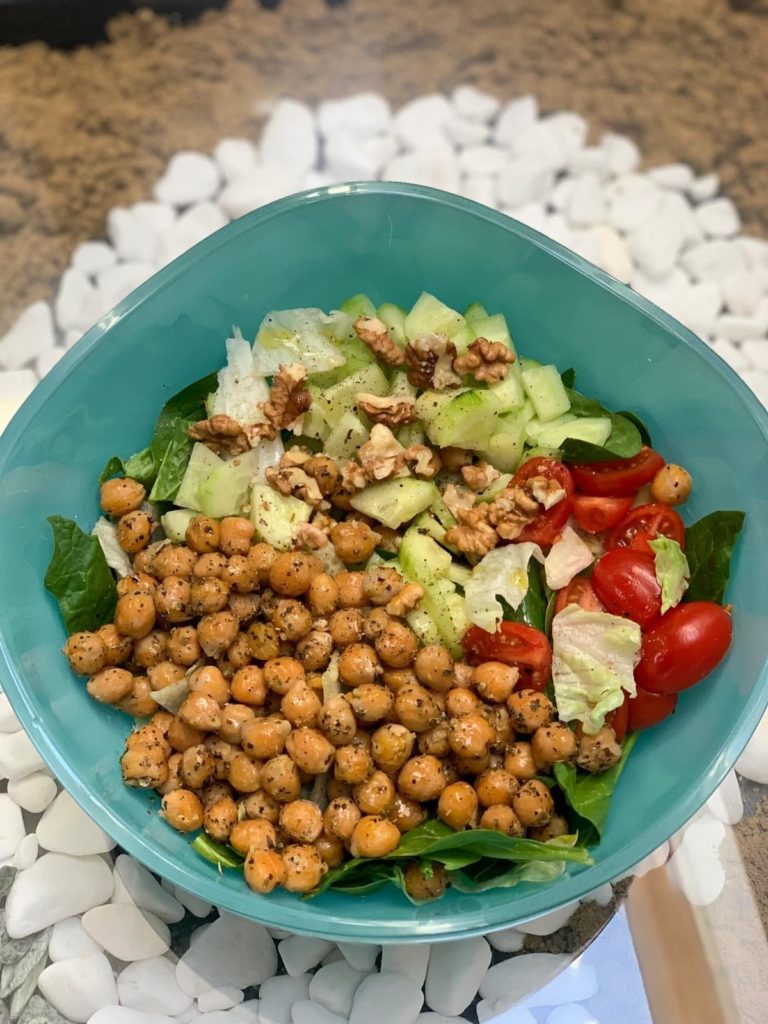
Be cautious if you are cooking for more than yourself, make sure none of them is allergic to walnuts!
I love walnuts because of their simplicity, they’re easy and delicious to be added to any diet, they can be mixed up with pretty much everything.
And to sum it all up, I would say that they are truly and proudly part of the SuperFoods category. They have more antioxidants and more omega 3 fats than any other nut out there.
Having this remarkable combination, they contribute to so many health benefits.
We are still at the beginning of the road when considering the discoveries that are yet to be made about the benefits of walnuts.
We will be hearing more astonishing benefits in the years that come, from tests that are ongoing and the ones that haven’t even started yet.
